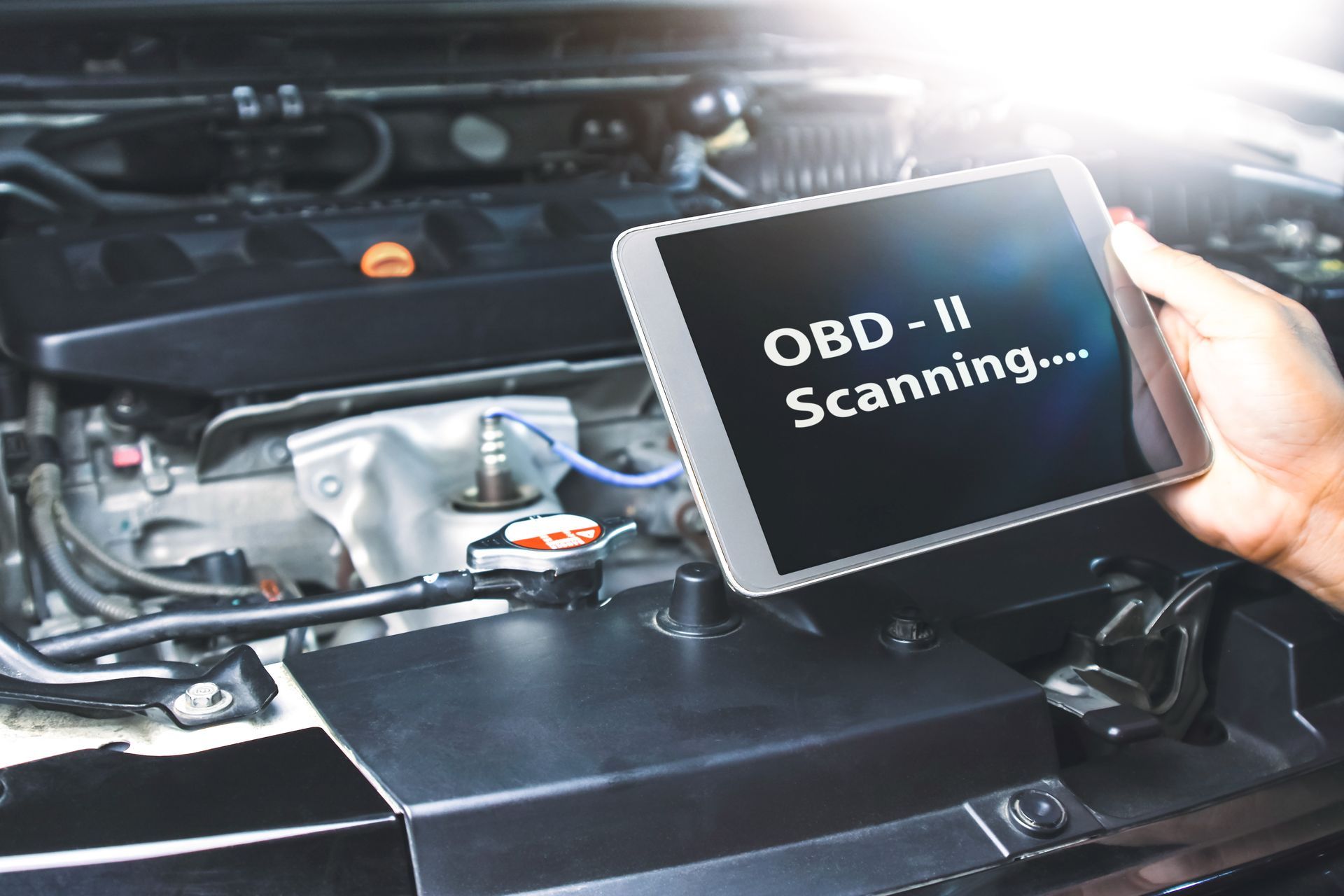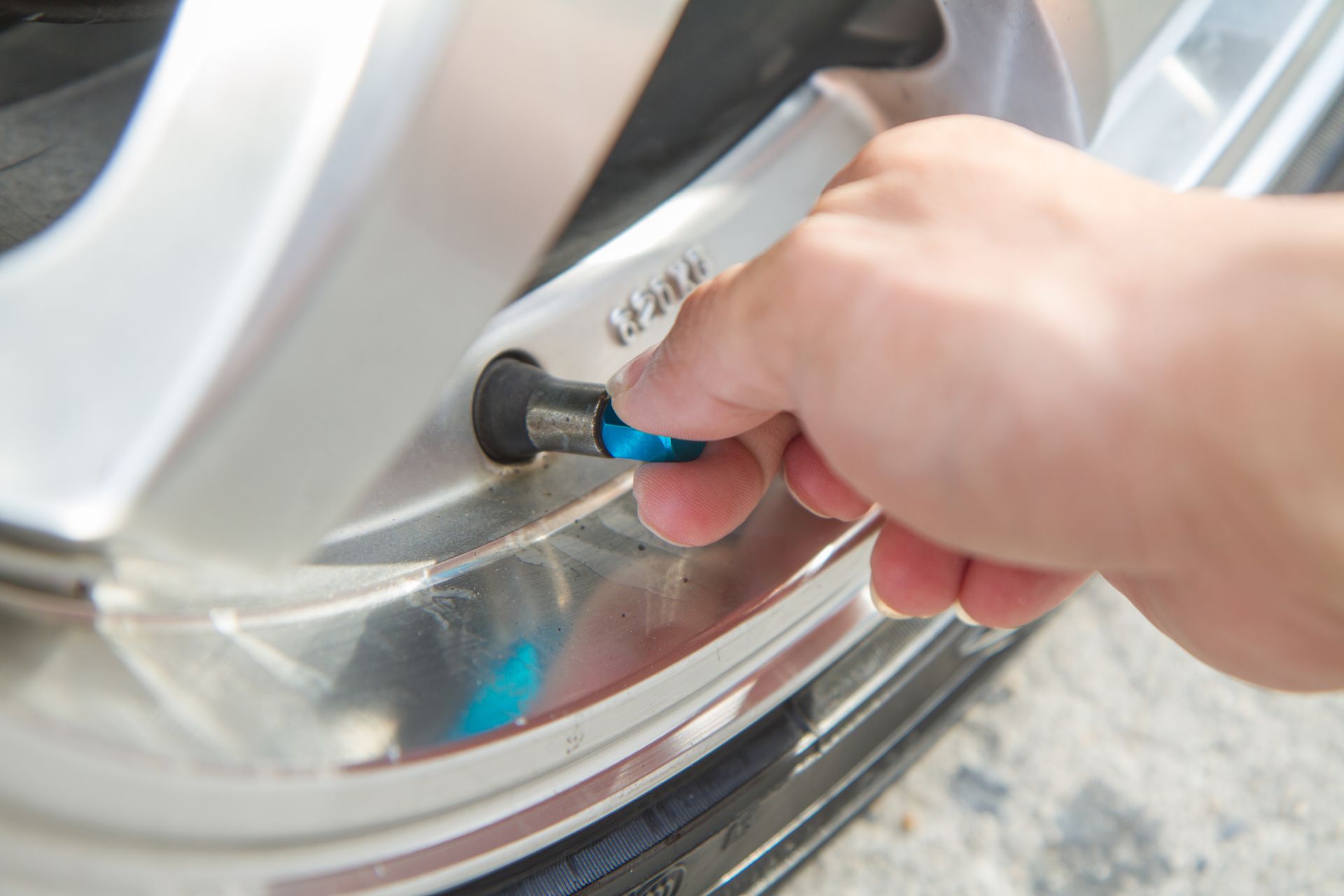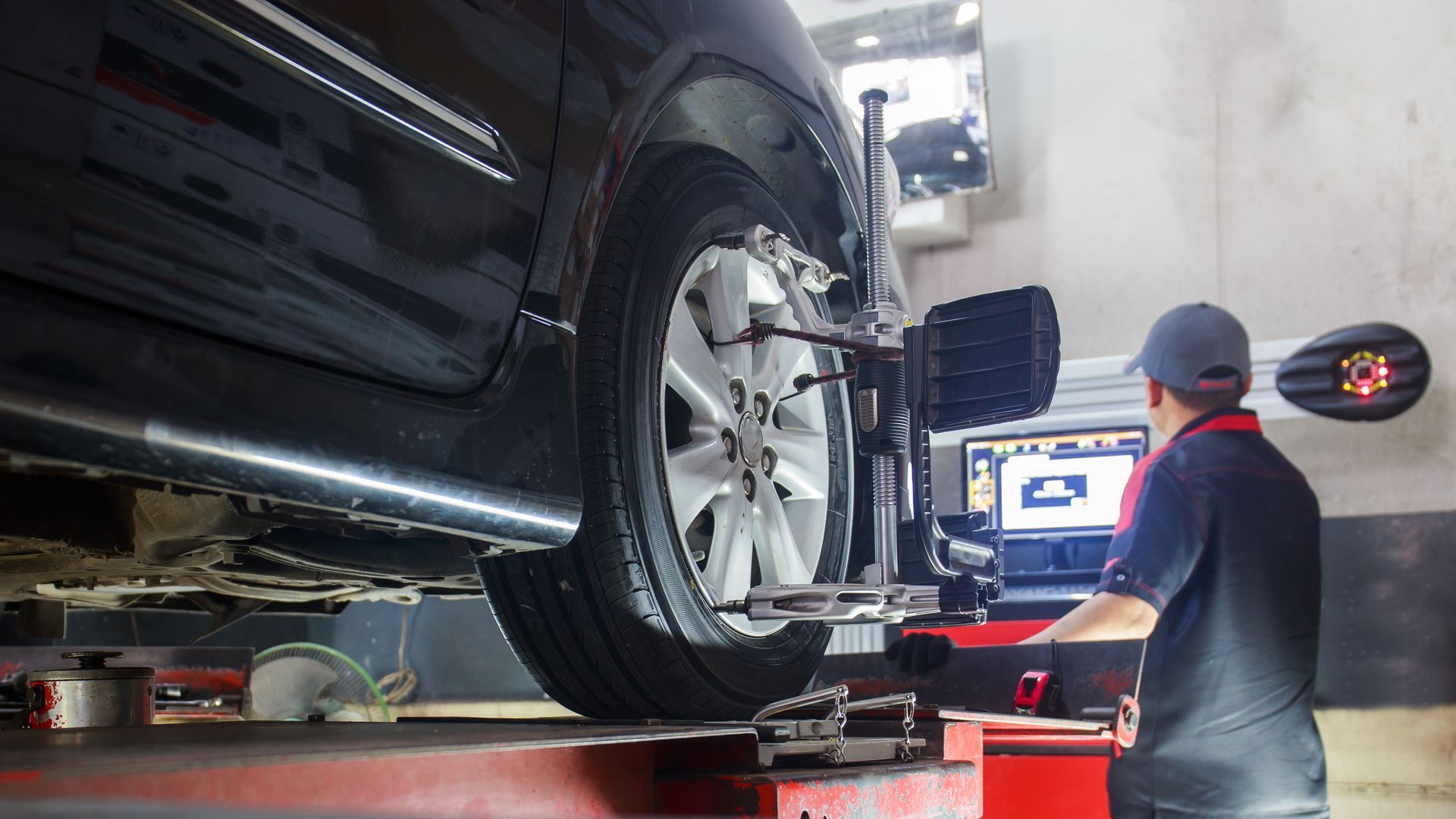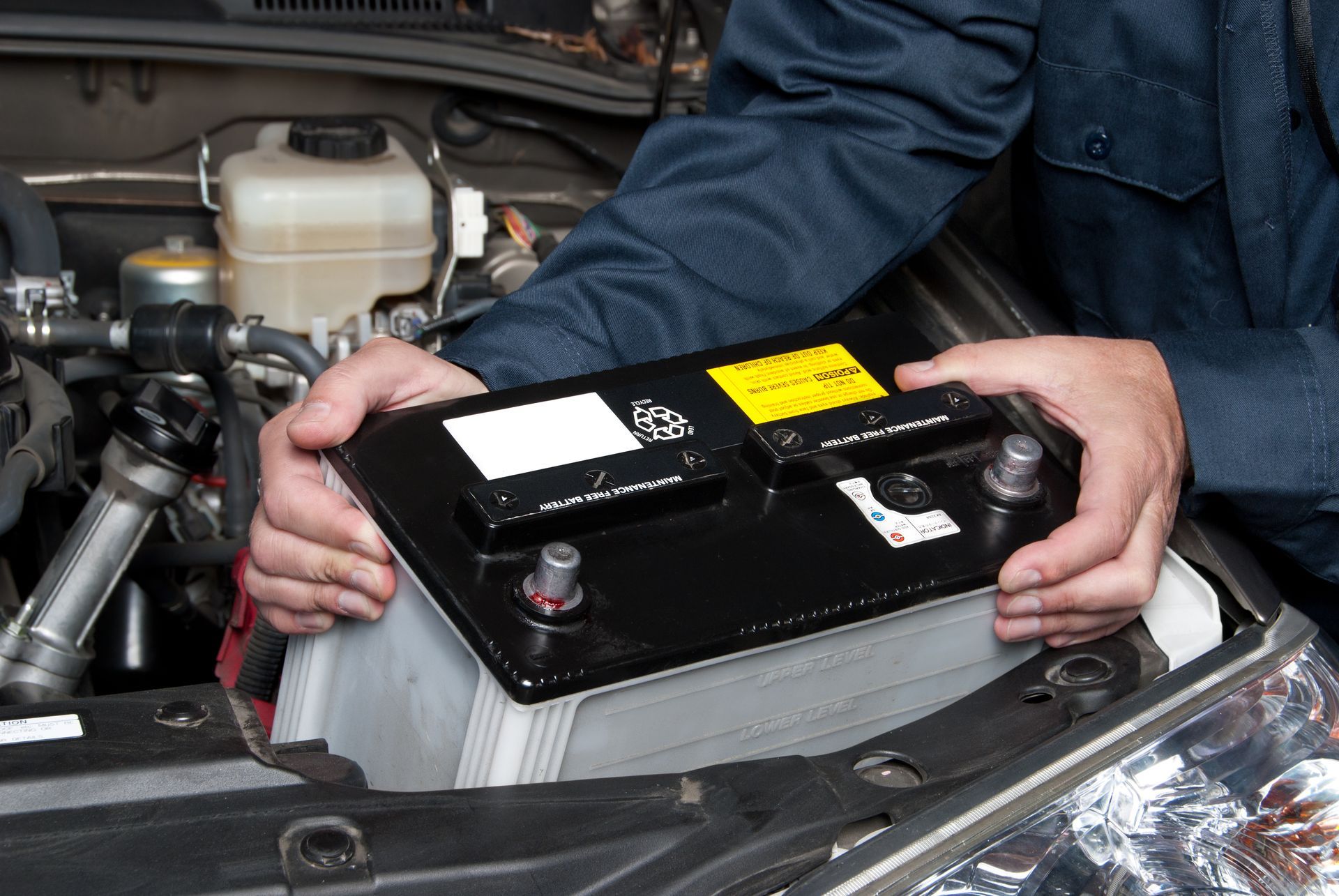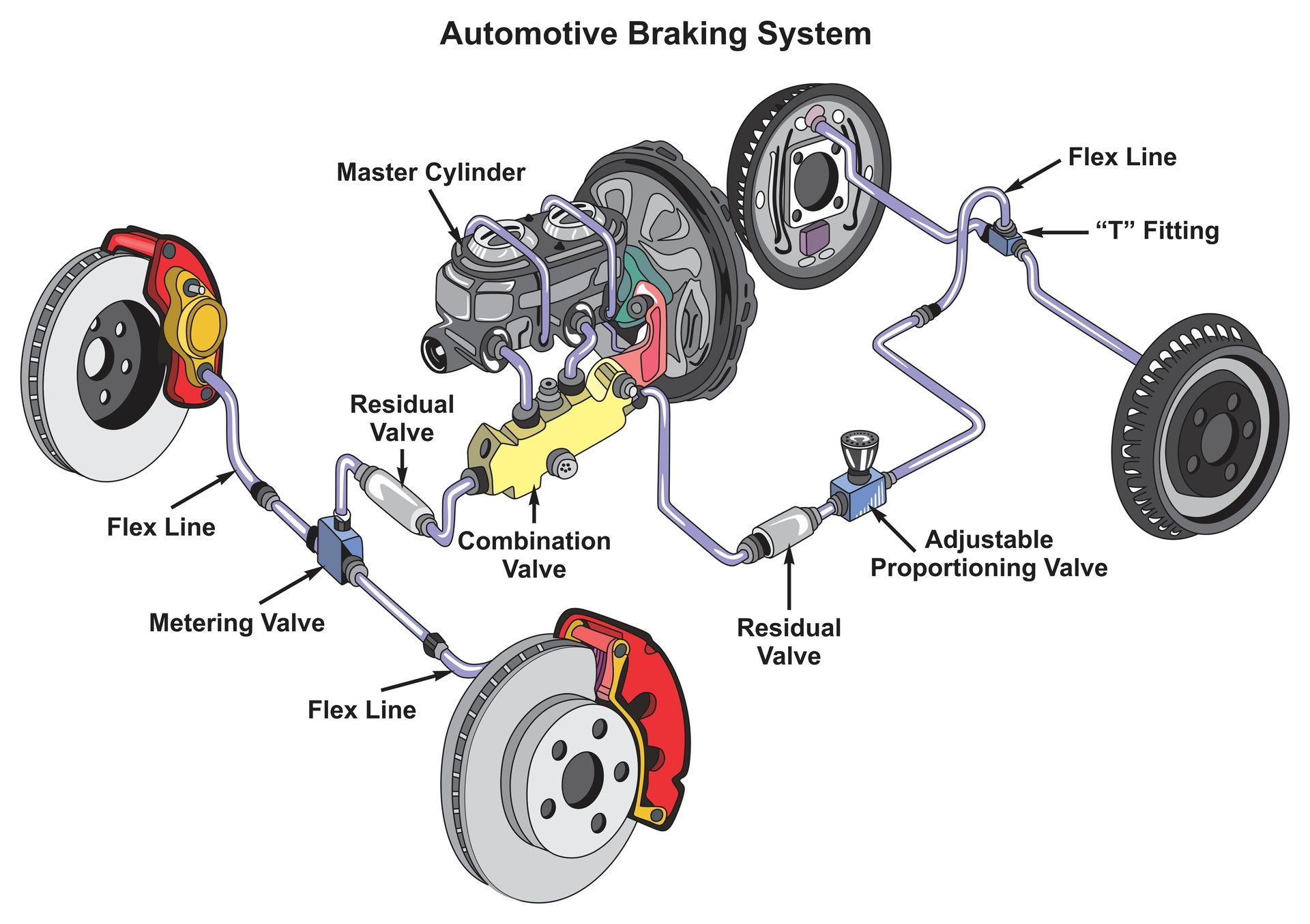Smells coming from your car are never something to ignore, and odors related to the exhaust system can indicate serious issues that need immediate attention. Your exhaust system doesn’t just muffle engine noise, it also directs harmful gases away from the cabin and helps reduce emissions. When something goes wrong, strange smells are often one of the first clues. Let’s explore what different exhaust smells mean and what might be causing them.
Rotten Egg or Sulfur Smell
If your car smells like rotten eggs or sulfur, the most likely culprit is a failing catalytic converter. The catalytic converter's job is to convert harmful gases like hydrogen sulfide into less harmful emissions.
When it fails, it can’t process these gases properly, resulting in a strong sulfur odor. This smell can also appear if the engine is running rich (too much fuel in the mixture), which can damage the converter further if not fixed.
Gasoline Smell
A strong gasoline smell around your vehicle indicates unburned fuel is escaping somewhere in the system. A leaky fuel injector, a problem in the fuel line, or an issue with the fuel pressure regulator can cause this.
In some cases, a failing evaporative emissions control system (EVAP) can also cause fuel vapors to leak. Gasoline odors are not only unpleasant but also dangerous, as they can pose a fire risk.
Burning Smell
If you detect a burning smell, it might be related to oil or other fluids leaking onto hot exhaust components. Valve cover gasket leaks, worn seals, or loose oil filters can all allow oil to drip onto the exhaust system, creating smoke and an acrid smell.
In other cases, a burning smell could come from overheating brakes or worn clutch components, but when it originates from underneath, the exhaust is usually to blame.
Sweet Smell
A sweet smell, similar to syrup, often points to a coolant leak. While this isn’t directly from the exhaust system, a coolant leak that reaches the exhaust manifold or other hot surfaces can create a noticeable sweet odor.
Coolant leaks can be serious, leading to engine overheating and severe internal damage if ignored.
Musty or Moldy Smell
While less common, if you notice a musty smell when your car is running, it could be a sign that water is trapped somewhere, possibly in the exhaust or evaporative system. Mold and mildew can form in damp areas, especially if a vehicle is used infrequently or exposed to heavy rain.
Why Smells Matter
Ignoring exhaust-related smells can lead to expensive repairs and dangerous driving conditions. Exhaust leaks can allow carbon monoxide to enter the cabin, which is odorless but extremely hazardous to your health.
A damaged catalytic converter can reduce engine performance and lead to costly fines if your vehicle fails emissions tests. Identifying and addressing exhaust system issues early helps protect you, your passengers, and your car.
Preventing Exhaust System Issues
Routine inspections are crucial for identifying exhaust system issues before they escalate. Checking for rust, loose hangers, and damaged pipes during oil changes or regular service can help.
Replacing worn gaskets and seals and keeping up with overall engine maintenance reduces stress on the exhaust system and prevents leaks and odors.
Don’t Ignore the Signs — Visit Annie’s Auto in Ohio
If your car has started to emit strange smells, don’t wait for the problem to escalate. At Annie’s Auto in Ohio, our skilled technicians can inspect your exhaust system, identify the source of the odor, and perform necessary repairs to keep your vehicle safe and compliant. Whether it’s a failing catalytic converter, leaking gasket, or another issue, we have the expertise to fix it promptly.
Schedule your inspection today and enjoy peace of mind knowing your car is operating safely and efficiently.
Visit one of our Ohio locations for expert service:
- Cleveland, OH 44130
- Brunswick, OH 44212
- Avon, OH 44011
- Cleveland, OH 44102

